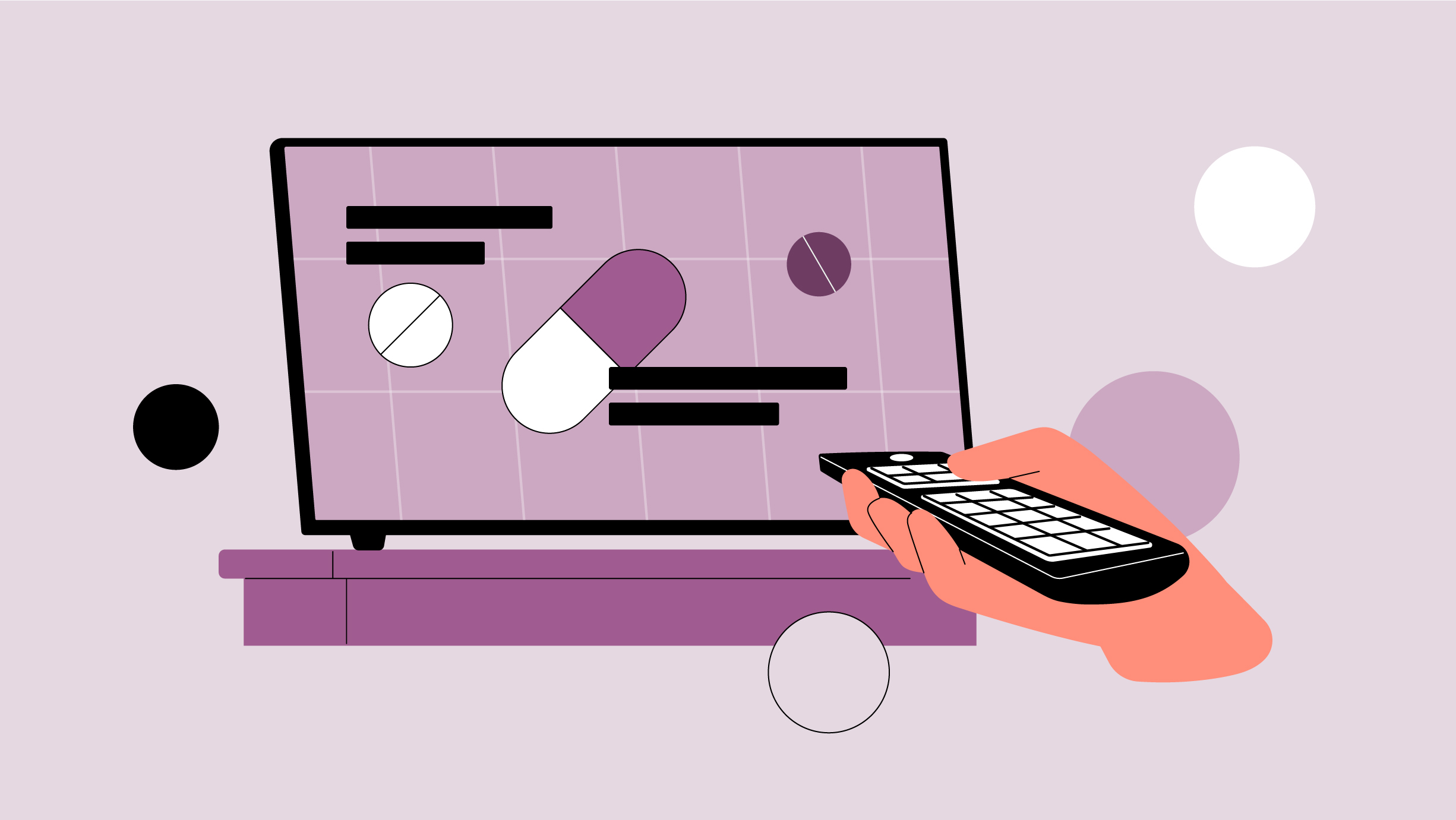What should I tell my care team before I take this medication?
They need to know if you have any of these conditions:
- An eating disorder, such as anorexia or bulimia
- Diabetes
- Gallbladder disease
- History of irregular heart beat
- HIV or AIDS
- Kidney stones
- Liver disease
- Organ transplant
- Pancreatic disease
- Problems absorbing food
- Seizures
- Stomach or intestine problems
- Take medications that treat or prevent blood clots
- Thyroid disease
- An unusual or allergic reaction to orlistat, other medications, foods, dyes, or preservatives
- Pregnant or trying to get pregnant
- Breast-feeding
What may interact with this medication?
- Amiodarone
- Certain antivirals for HIV or hepatitis
- Certain medications that treat or prevent blood clots like warfarin, enoxaparin, dalteparin, apixaban, dabigatran, edoxaban, and rivaroxaban
- Cyclosporine
- Medications for diabetes
- Medications for seizures
- Other medications or herbal and dietary supplements for weight loss
- Supplements like vitamins A, beta-carotene, D, E and K
- Thyroid hormones
- Warfarin
This list may not describe all possible interactions. Give your health care provider a list of all the medicines, herbs, non-prescription drugs, or dietary supplements you use. Also tell them if you smoke, drink alcohol, or use illegal drugs. Some items may interact with your medicine.
What should I watch for while using this medication?
Visit your care team for regular checks on your progress.
This medication can cause decreased absorption of some vitamins. You should take a daily multivitamin that contains normal amounts of vitamins D, E, K and beta-carotene or vitamin A. Take the multivitamin once per day at bedtime unless otherwise directed by your care team. Discuss the foods you eat and the vitamins you take with your care team.
You should use this medication with a reduced-calorie diet that contains no more than about 30 percent of the calories from fat. Divide your daily intake of fat, carbohydrates, and protein evenly over your 3 main meals. Follow a well-balanced, reduced-calorie, low fat diet. Try starting this diet before taking this medication. Following a low fat diet can help reduce the possible side effects from this medication.
Tell your care team if you wish to become pregnant or think you might be pregnant. Losing weight while pregnant is not advised and may cause harm to the unborn child. Talk to your care team for more information.
Do not use this medication if you have had an organ transplant. This medication interferes with some medications used to prevent transplant rejection.








